Taking the plunge
What to consider before buying your first home with a swimming pool in Dallas
Ah, those lazy summer days hanging around your backyard pool. Kids splashing in crystal-blue water, grownups savoring the sun — appealing imagery for many first-time homebuyers.
But fast-forward a few months to the ice storm Dallas just experienced. You’re bundled up like Bernie Sanders, banging away with a shovel to bust a hole in your pool’s rock-hard ice surface, cursing the day you decided to buy a house with a pool.
Relax, y’all.
“Let’s not lose sight of the fact that a pool in Texas is GREAT nearly 365 days a year,” affirms Bob McCranie, an 18-year North Texas real estate veteran and owner of Texas Pride Realty Group. “About every 10 years, we get severe weather for three or four days that could damage pool equipment and cosmetics. But that risk shouldn’t negate all the countless days of enjoyment we get.”
A four-letter word choice: Yard or pool?
First-time buyers should weigh a pool’s pros and cons, but McCranie says that a lot of preconceived notions just don’t hold water.
“There’s a perception that pools take a lot of time and money to maintain, but they really don’t,” he says. “It’s really a lifestyle choice. First-timers tend to be younger with small kids, so safety considerations and proper supervision are paramount, of course. But kids also love pools, so there’s that lifestyle aspect. I’d say about 60 percent of buyers say ‘yes’ to a pool, including first-timers.”
Like many North Texas pool owners, McCranie lost power during the storm, which prevented his pool pump’s freeze guard from functioning. But after an inexpensive fix of plastic piping, everything’s good as new. “For the most part, pools are surprisingly resilient,” he says.
Keeping your pool shipshape
“'Resilient’ is a good word,” adds David Dixon, owner and founder of Plano-based Mercedes Pools. “I’ve been doing this since 1994, even earlier if you consider the pool work I did as a teenager. I’ve never seen a nightmare scenario with an underground leak or a structural crack. Pools are structurally sound, as long as the soil is stable. Equipment can fail, of course, but just like with your car, you expect to replace things now and then.”
His company oversees maintenance of nearly 170 pools a week, remodels three or four every month, and performs repair work on between 60 to 80 a month. “This month, of course, the number has been much higher,” he adds. “But it’s all pretty small stuff.”
Dixon notes that installing a new pool can be wildly expensive, somewhere to the tune of $150,000 or more.
“Buying a house with a pool gives you a high-value advantage over installing,” he says. “Plus, we educate our customers on pool maintenance, so if they choose to do it themselves or outsource, they’ll know what to be on the lookout for.”
McCranie agrees, noting that weekly pool maintenance isn’t that hard and is relatively inexpensive, too.
“If you can make a cake from a cake mix, you can easily keep your pool chemicals balanced,” he says.
Insurance
Insurance is another consideration. “I automatically add $500,000 in liability insurance to every policy I sell to clients with pools,” asserts Brian Crutchfield, who owns his own, eponymously-named independent insurance agency in Fort Worth. “It’s not even up for discussion, especially when it only costs $20 or $30 a year. Most homeowner policies only include $25,000 in liability, which is inadequate. If a client wants a lower amount than a half-million, I’ll walk away.”
He adds that there’s lots of fine print to consider when deciding to insure a pool’s structure and equipment.
“Some insurance companies offer a vast array of coverage options, while others won’t touch it," he says. "But here’s the thing to remember — insurance companies pay for what happened, not what caused the damage. In the case of the recent freeze, you could have done all your due diligence prior to losing power, but once the power was off, all bets were off, too. I’ll be interested to see how insurance companies handle this most recent weather event.”
Adding value
Do pools add value to your home? “Oh sure,” says McCranie. “It’s an attractive resale asset. You can spruce it up and make it more appealing. When I bought in 2003, my pool was ugly as can be. So I remodeled, for the same reason people update their kitchens. I made it what I wanted for less than $20,000, a far cry from installing new.”
“The pool area is the spot where you can spend time every day in nice weather,” he adds. “It’s not expensive to put in decorative lighting that reflects off the water at night, making the space even more inviting and tranquil.
"As long as you do your homework and invest in proper maintenance, a pool is a wonderful lifestyle asset for first-time buyers that far outweighs any problems from the rare threat of bad weather.”
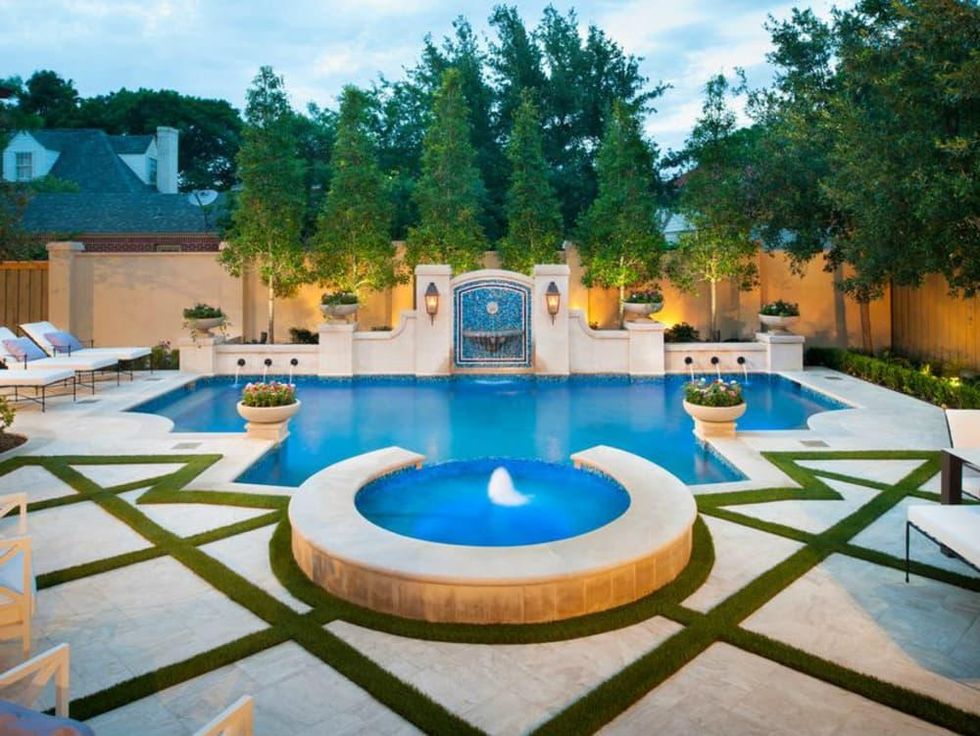
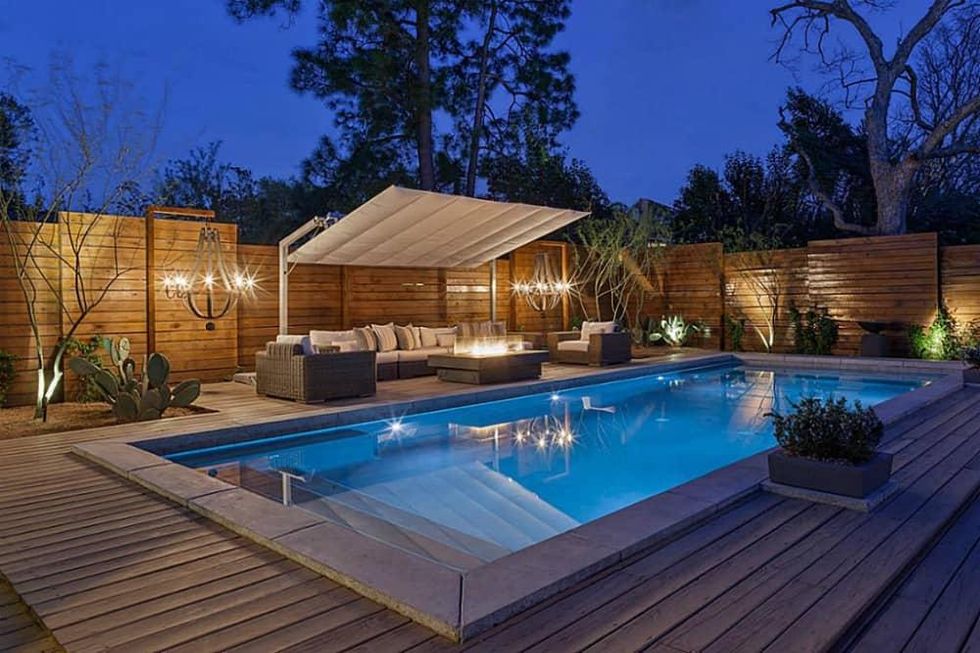
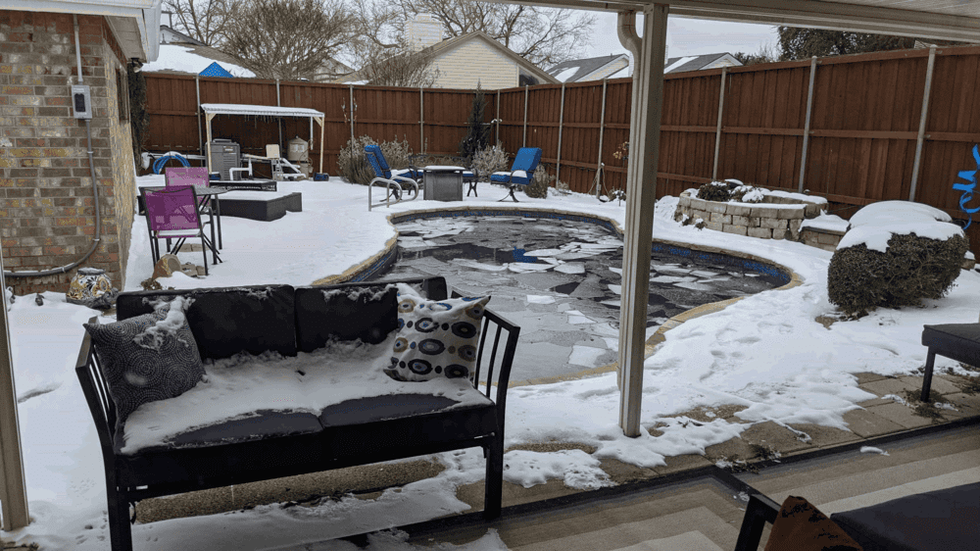
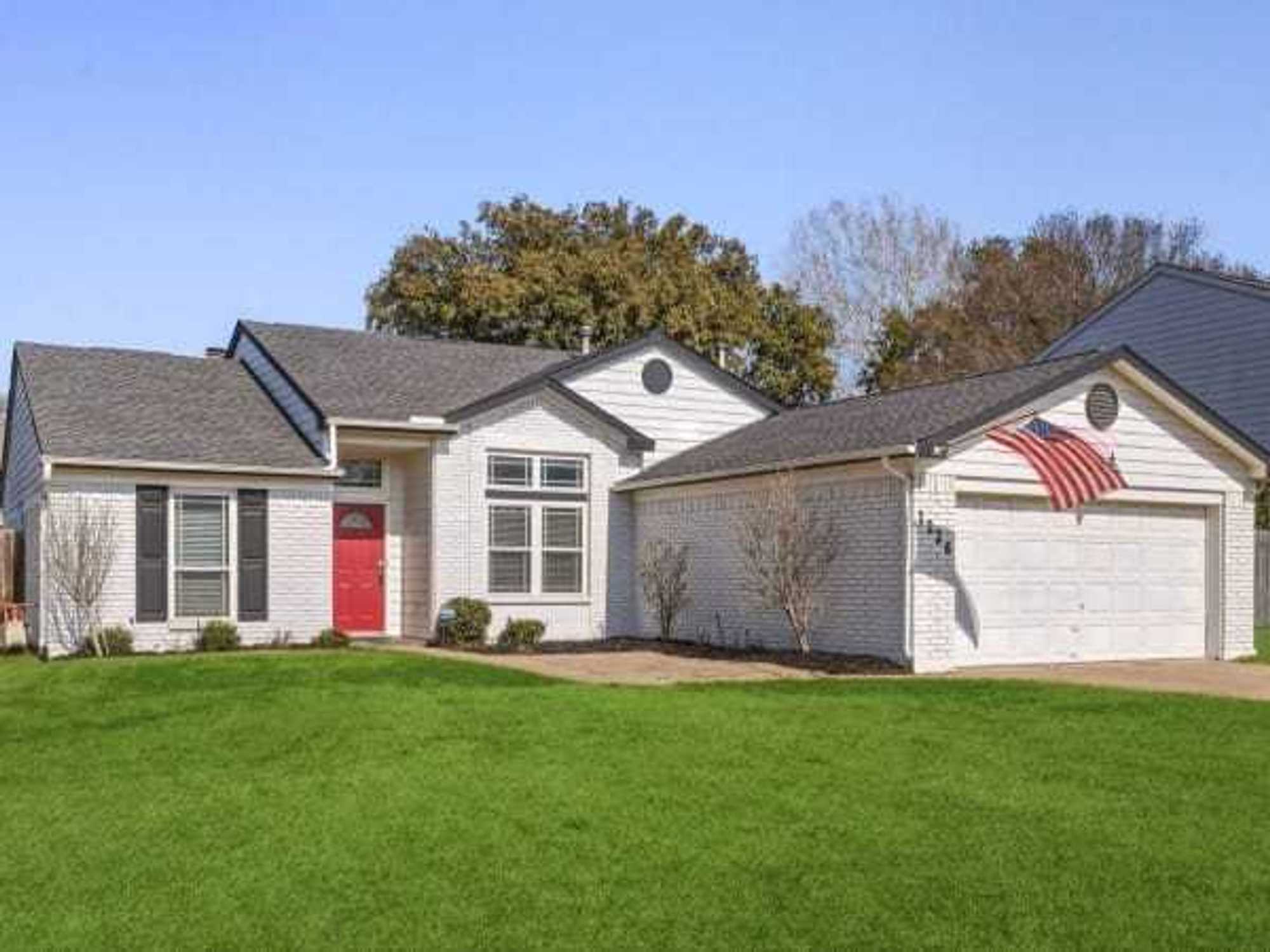
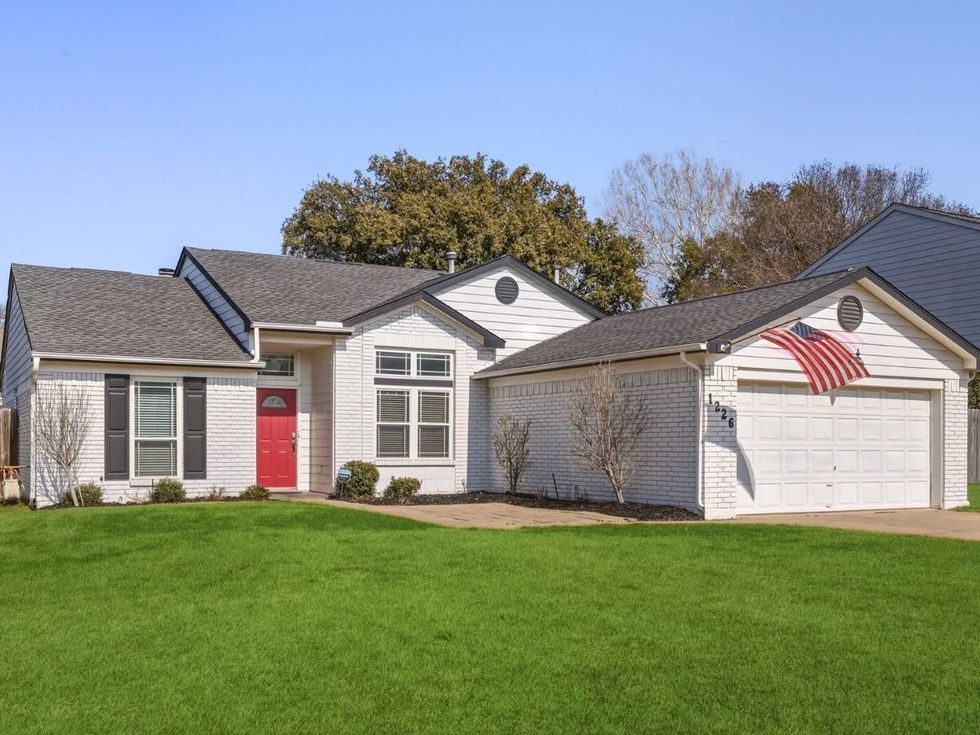
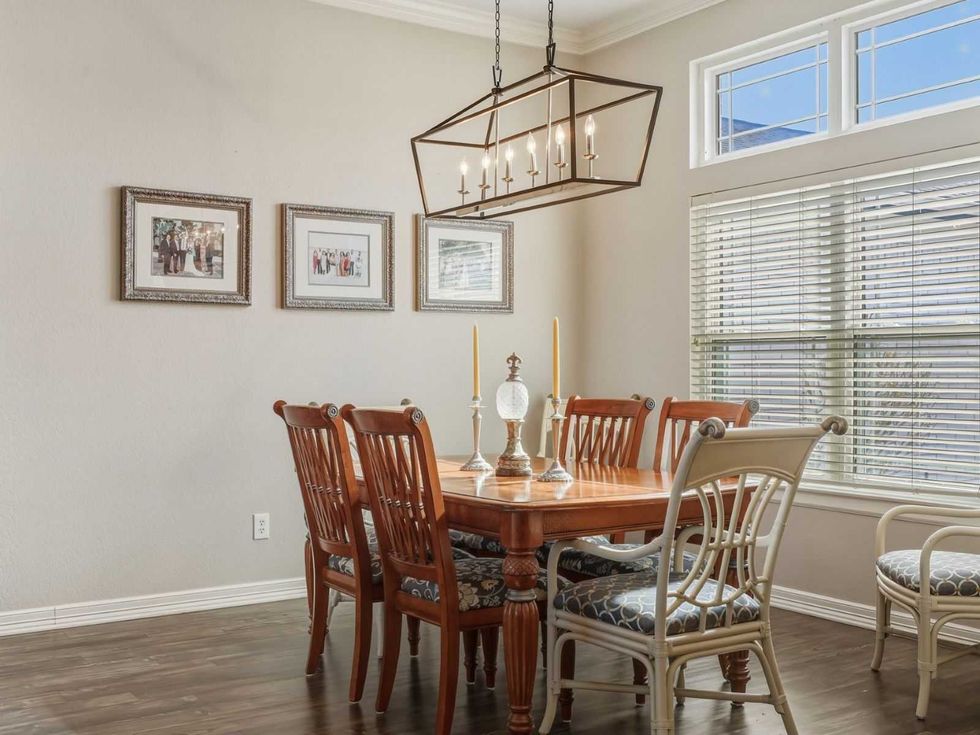
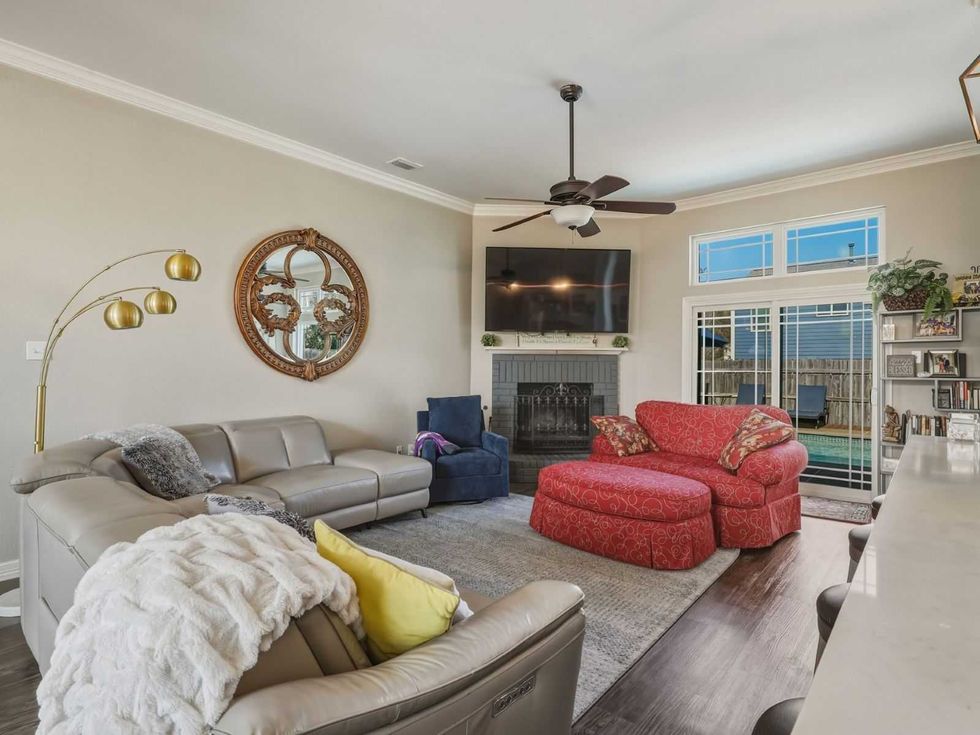
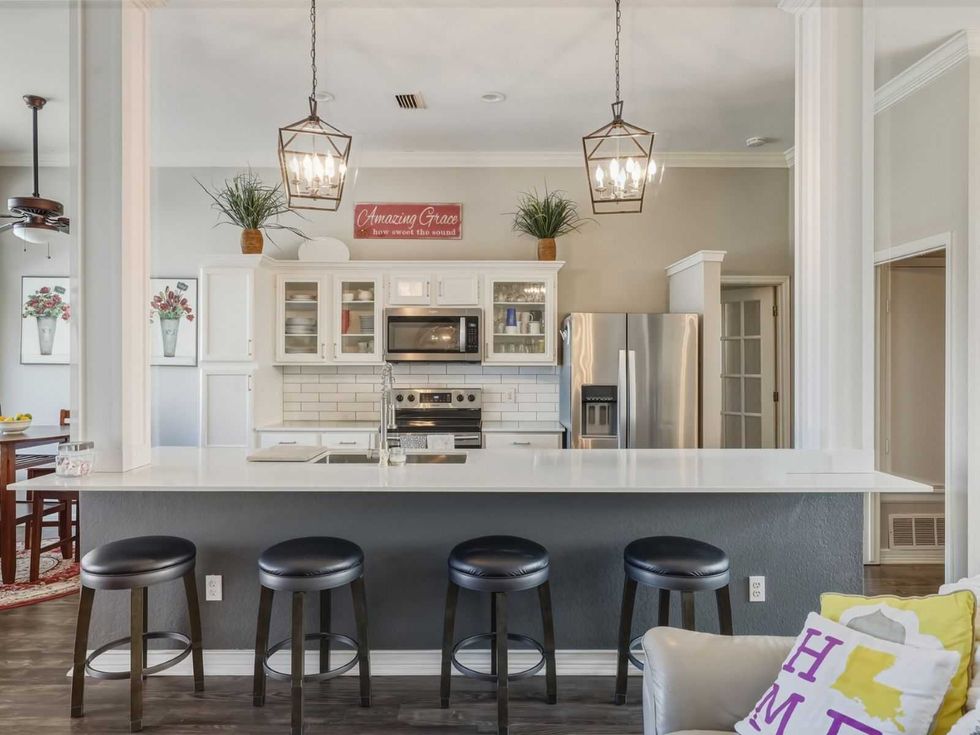
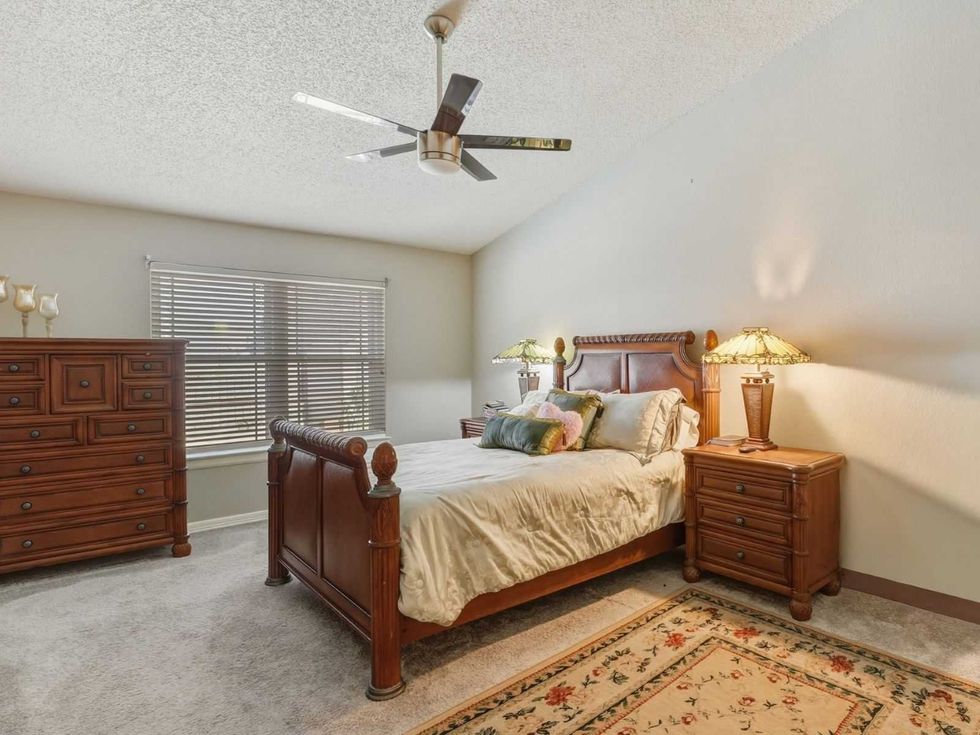
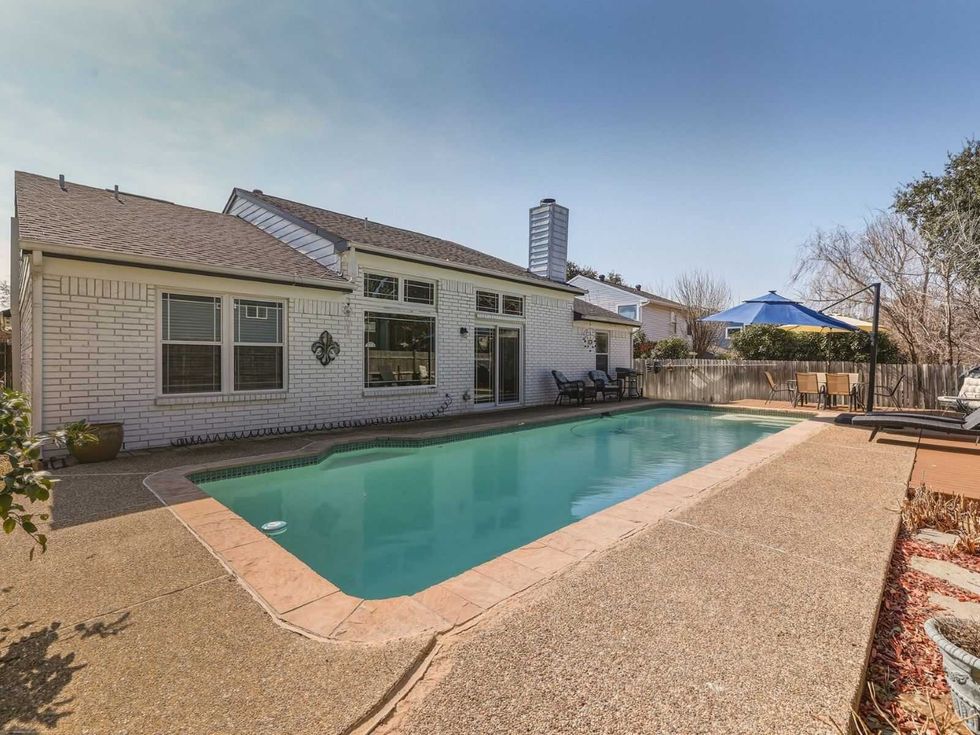
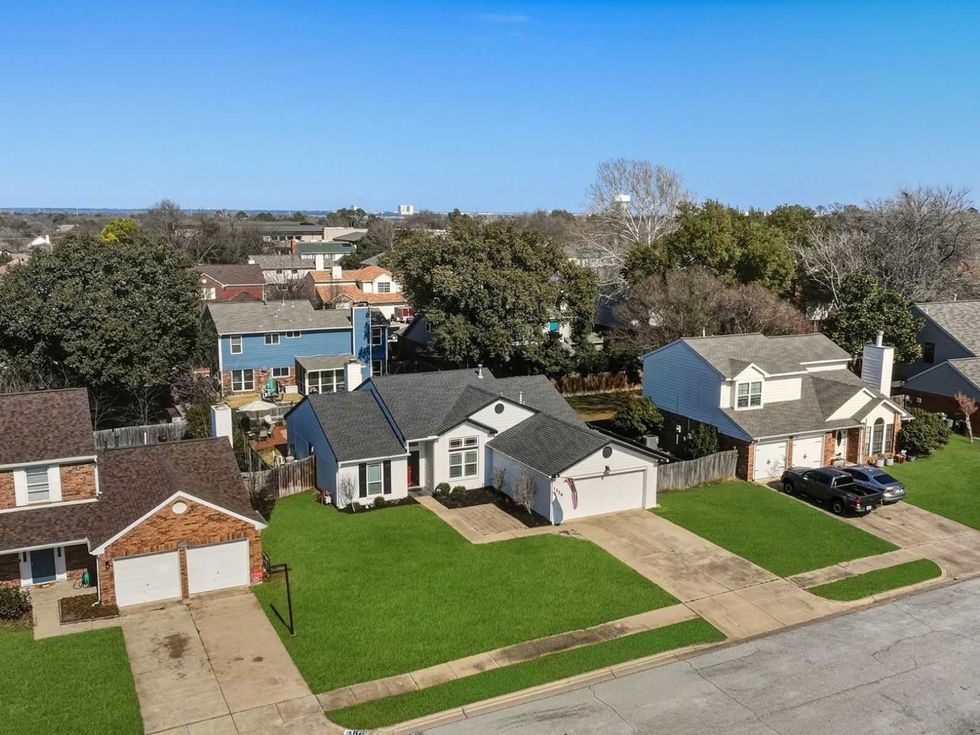 The home is near all the Grapevine hot spots.Photo courtesy of The Meyer Group
The home is near all the Grapevine hot spots.Photo courtesy of The Meyer Group Post Malone grew up in Grapevine and plays in Dallas-Fort Worth frequently. Photo by Adam DeGross
Post Malone grew up in Grapevine and plays in Dallas-Fort Worth frequently. Photo by Adam DeGross